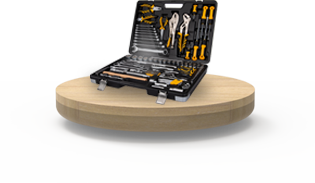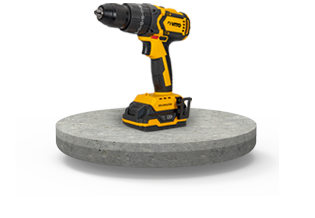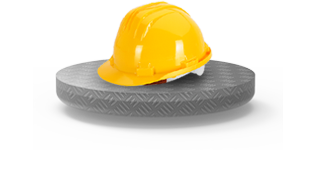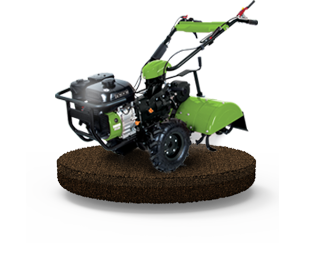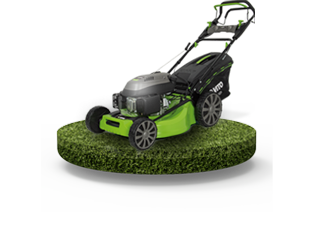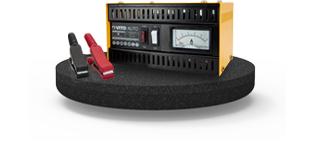
Tool Maintenance Makes All the Difference
Keeping tools in good condition is a habit that makes all the difference in the outcome of any job.
But are you looking after them properly?
The Benefits of Maintenance
Maintaining your tools has several benefits, both for you and your work:
- Greater durability – Extends the tool's service life, preventing excessive wear and damage;
- Better performance – Ensures more precise cuts and guarantees better results;
- Greater safety – Provides greater safety by reducing the risk of accidents;
- More comfort – Makes the tool more ergonomic.
Tips for Proper Maintenance
1. Clean after each use
Dust, sawdust, metal shavings or paint residue can accumulate and compromise the performance of your tools. Use a dry cloth or brush to remove loose debris and, where necessary, a slightly damp cloth for more stubborn dirt. In the case of power tools, ensure that they are switched off and cool before cleaning.
2. Lubricate regularly
Moving parts such as joints, gears, shafts, and bearings require lubrication to reduce wear and prevent rust formation. Therefore, you should use a lubricant that is suitable for the type of tool you want to clean, to ensure smooth operation and greater durability of the components.
3. Replace worn-out parts
Working with worn-out accessories reduces the quality of the work and may damage the tool. You should replace brushes, belts, blades and O-rings as soon as you detect a loss of efficiency, abnormal vibration, or unusual noise.
4. Manage your consumables
Ensuring you have spare consumables such as drill bits, cutting/grinding discs, blades or sanding sheets is essential so that you can replace them as soon as you notice a loss of performance or identify signs of wear.
5. Store and protect
It is very important to store your tools in dry, well-ventilated places. Whenever possible, organise your equipment in tool boxes and use silica gel to prevent moisture. In the case of blades and discs, protective covers help prevent any damage. Keep cables coiled without tension and away from oils or solvents.
6. Conduct safety inspections
Regularly check cables, plugs, safety keys, guards and look out for possible gaps. If you use battery-powered tools, always choose original chargers and avoid storing batteries that are completely discharged.
Well-maintained tools not only work better but also help you complete your projects with higher quality and safety.
With VITO's tips, you have all the information you need to keep your equipment in top condition, ensuring that it is always ready for the next challenge.
